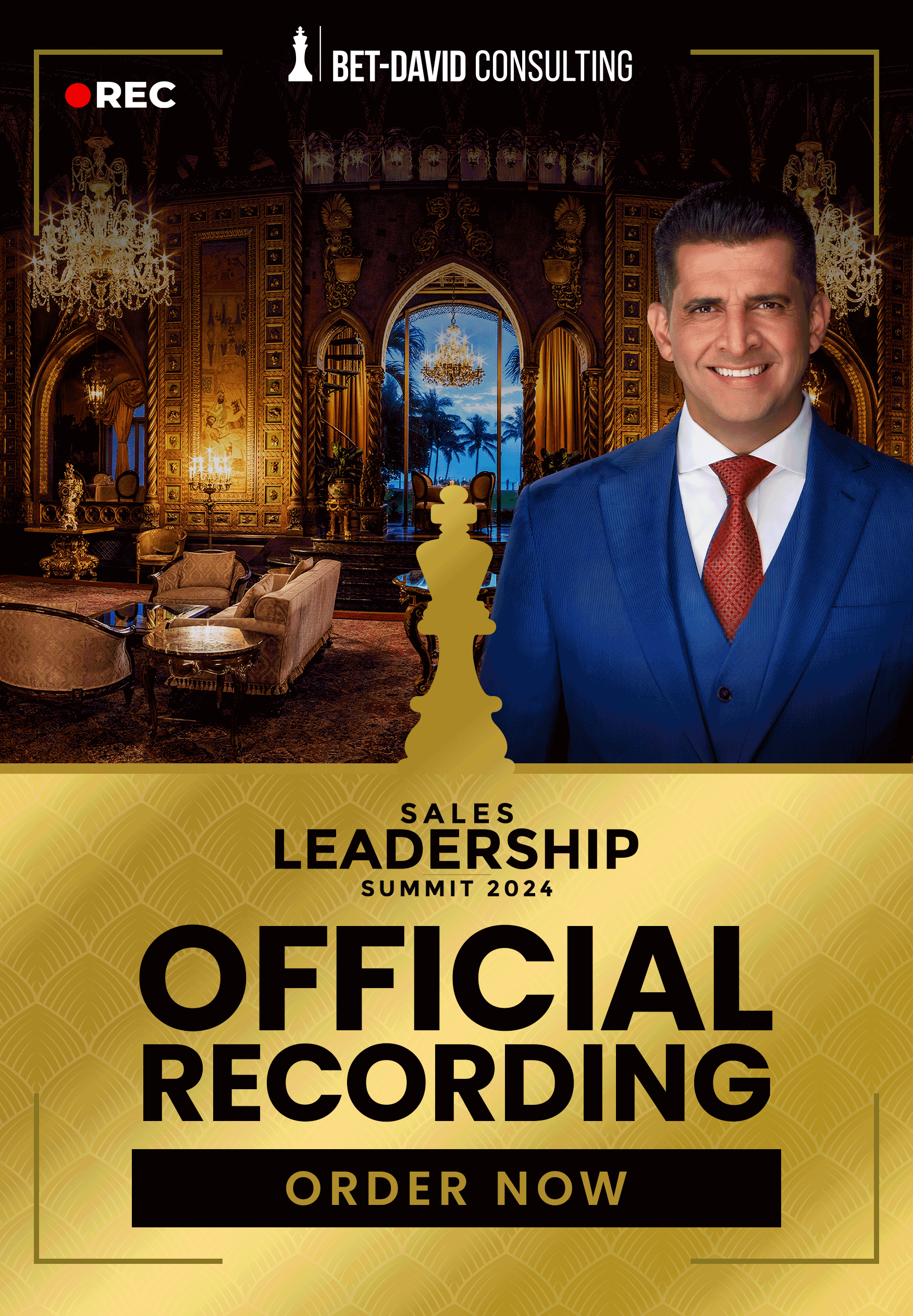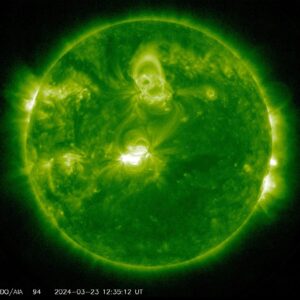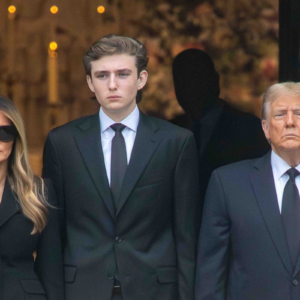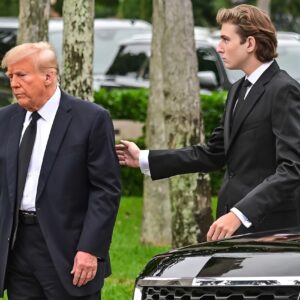Why do so many underdogs win presidential elections? This week, Patrick Bet-David reveals some of the biggest presidential election upsets.
Famous examples:
- The 1948 Truman vs. Dewey election where newspapers printed headlines saying “Dewey Wins” the night of the election.
- The 1960 election where John F. Kennedy became the youngest president ever, beating the eight-year Vice President Richard Nixon.
- Ronald Reagan was not expected to beat the incumbent Jimmy Carter.
- Bill Clinton was not expected to beat incumbent George H.W. Bush.
- The most shocking underdog winner of all came in the 2016 election when former President Donald Trump won against all odds. Mainstream news networks claimed Hillary Clinton had more than a 90% chance to win just one month before the election.
This begs the question, what causes the underdog to win in these situations? The common themes when looking at these examples appear to be a combination of charisma and strategy.
There are countless examples of politicians destroying their popularity and careers by saying or doing the wrong thing at the wrong time.
Examples of this include:
- Sarah Palin “I can see Russia from my house”
- Marco Rubio being called out by Chris Christie for using rehearsed lines
- The Mitt Romney song
- The Howard Dean Scream
- The Dukakis Tank
At the same time, there are just as many examples of things candidates did or said that made the public fall in love with them:
- JFK’s appearance in the first televised debate against Nixon
- Bill Clinton claiming “It’s the economy, stupid”
- Reagan “Are you better off now than you were 4 years ago”
- Trump “because you’d be in jail”
Since information is constantly thrown at the public, memorable moments like these can completely shape the image of a candidate.
Join Valuetainment for a special live town hall with Vivek Ramaswamy on August 4!


















Add comment